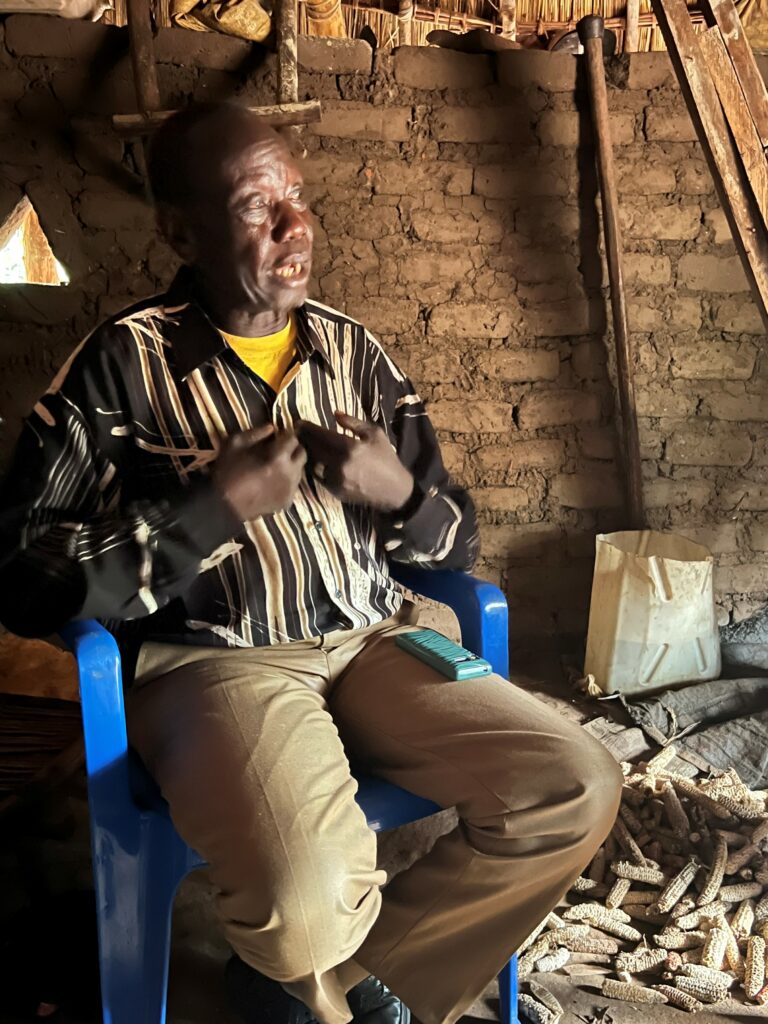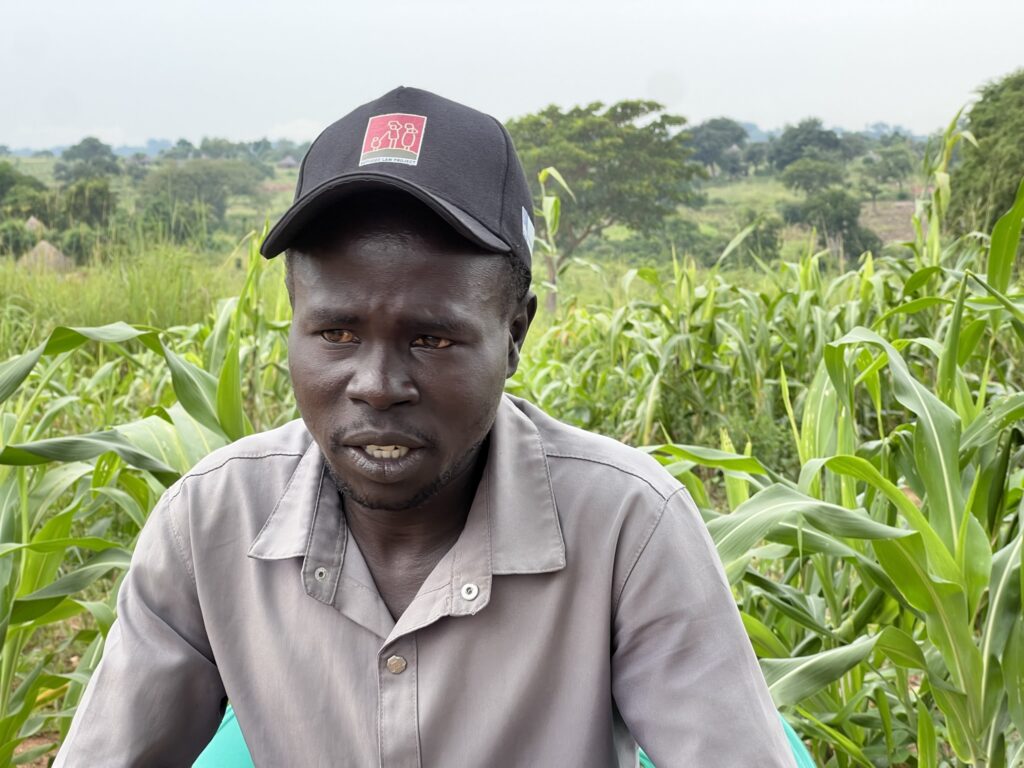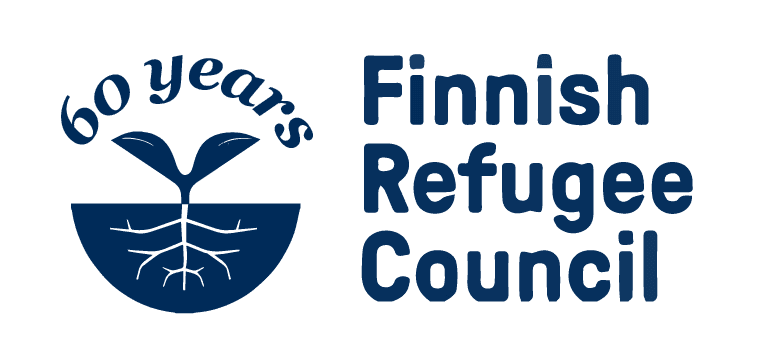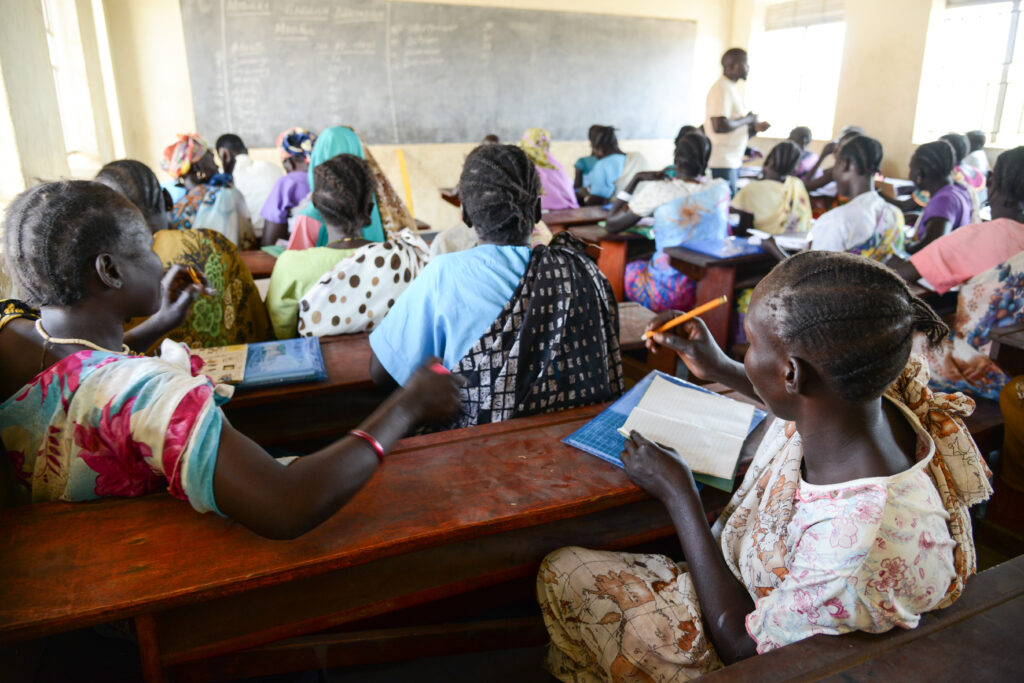Literacy is key in ensuring that the world is more sustainable, peaceful, and financially secure. A report by UNESCO indicates that there have been strides made with literacy worldwide. However, despite this growth, an estimated 763 million adults worldwide still lack basic literacy and numeracy skills of these, 27 percent are from sub–Saharan Africa.
In sub-Sahara Africa, South Sudan has the lowest literacy rates of 27 percent. According to UNESCO more than 20 percent of the population above the age of 15 is illiterate.
South Sudan has been marred with decades of conflict some of which has been ethnic in nature. The continued conflicts have forced a number its citizens to seek refuge in neighboring countries like Uganda. While in Uganda, they are put in settlements where different ethnic groups stay together. As a result, there have been reports of some of these ethnic groups conflicting within the settlements. These conflicts are made worse by the high illiteracy rates among the refugees
Joseph’s Story of promoting change in his local community through adult literacy
One leader in Palabek Refugee settlement was not happy with the status quo within his community and he sought to change the narrative using literacy as a tool. Joseph Yanga Hakim a refugee from South Sudan, was disturbed by the fact that most of his people were unable to speak and read English, which made them vulnerable to conflicts. Due to their inability to effectively communicate and find common ground to help resolve any misunderstandings.
He believed that, if his community was able to learn English, it would make life easier and most peaceful for them. And improve the quality of their lives.
In 2019, Joseph became a refugee in Uganda. When he was taken to Palabek, he was restless and wanted to start a literacy program to help his people. He shares that.
“Although my community was very interested in learning, there was no one to help us. So, I talked to some guys who had been to school and were willing to voluntarily sacrifice and help their fellow community members learn how to speak and write English.”
He started his volunteer program with two volunteer instructors and 20 learners. They would gather and study under a tree in his compound. Within the same period, he heard about the work of Finnish Refugee Council (FRC) in other neighboring communities. He then started going to the offices of FRC requesting them to bring their literacy program to his community. And three months after, he started his volunteer program FRC started working in his community.
Through his efforts there have been visible changes in his community. For instance, he notes that.
“During the time we were working with the community, I was working in the education sector, so when I would go for monitoring visits and greet the women, I was happy that the women would respond to my greetings in English. Yet previously they were not able to speak a word in English.”
He further adds that.
“The learners, we started with have progressed to another level, they enrolled into the formal education system. If you go to Ogili Primary school (a local school within the community in Palabek Settlement, Nothern Uganda). These learners are now going to primary seven, they started from here with us and they are now progressing.”

Social Impact of Literacy in Joseph’s Community
There has also been a mindset change in his community because of the literacy program. The community which has different ethnic groups is peaceful, and when conflicts arise, they are open to dialogue and sometimes they even involve Joseph to help them resolve the conflict.
Ouko Peter who was among the two volunteer literacy trainers had this to say about the program.

“When Hakim approached me in 2019 and told me that there were a group of people who wanted to learn English but there was no teacher. I offered myself since I was not doing anything at that time. From the time I became a trainer, I have seen changes in the community, some of my learners enrolled in school and this year they will be sitting their PLE (Primary Leaving Exams. They are final exams which learners sit to qualify to join high school). And 2 of the ladies who went through the program later became leaders within this community. Also, the community respects my opinion, and when there is conflict, they call on me to be a mediator. I am, therefore, happy to be part of this positive change.”
Joseph concludes by sharing that.
“There is a certain mama, I was worried about who would translate to her when we were taken to hospital. When she came out, I entered in to see the doctor, and when I tried to inquire from the doctor, the doctor said he could not believe that this mama is speaking little English. That is the English they got here from FRC not in the primary level.”
In conclusion, the role of literacy in preventing conflict, rebuilding post conflict societies, and improving the lives of refugees to make them more resilient and self-reliant cannot be ignored.
To read more about our work in Uganda visit our website https://pakolaisapu.fi/en/uganda/


